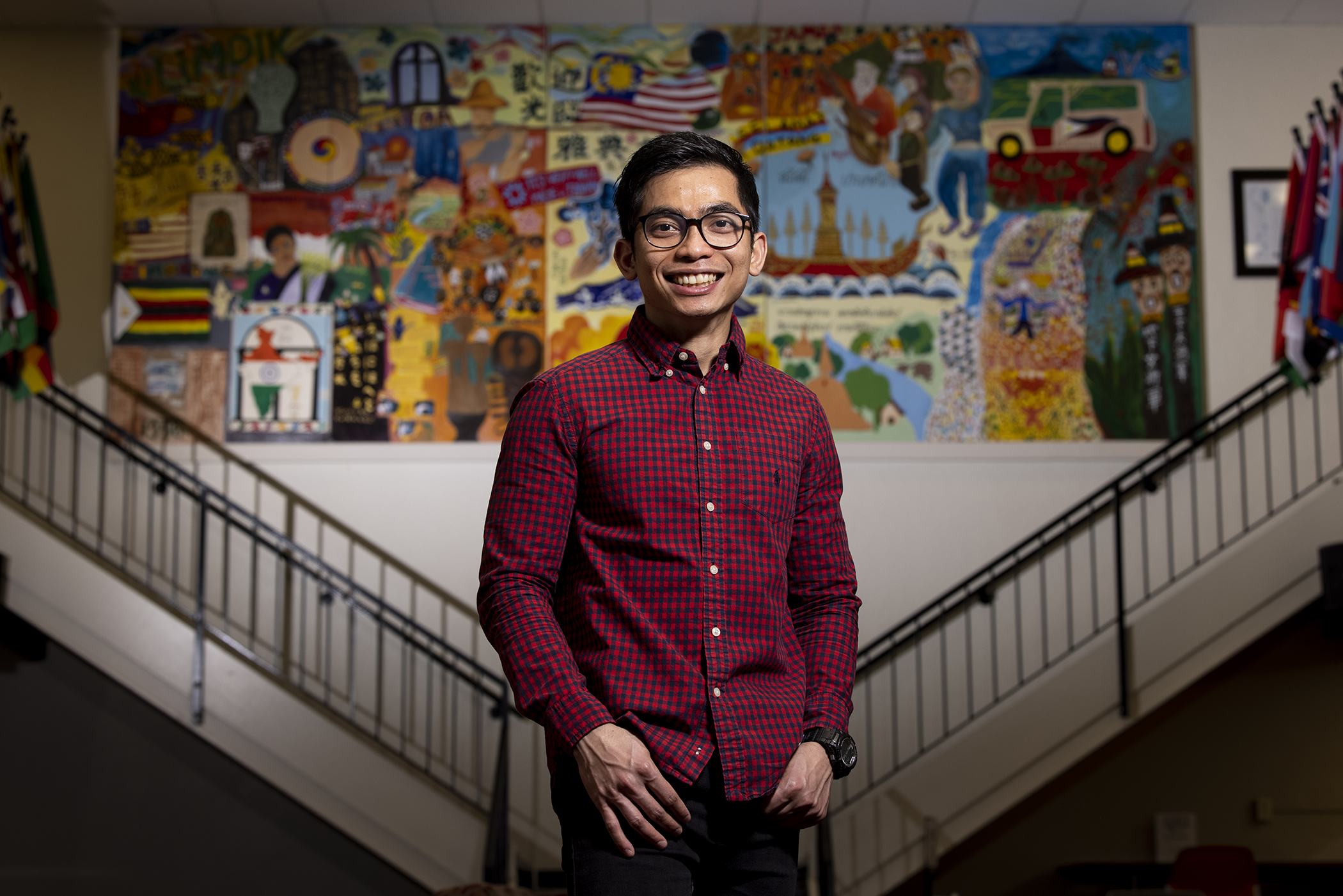Wisnu Pradana is seeking ways to understand others.
As a language and literacy educator and doctoral student in the Mary Frances Early College of Education, Pradana aims not only to educate but also support students from all backgrounds.
Pradana came to the University of Georgia in 2017 as a Fulbright Scholar and master’s student. But after earning his degree in 2019, he stuck around to continue his Ph.D. As an international student from Indonesia, he faced several challenges while adjusting to life in Athens. From homesickness to learning new cultural norms, he recognized that other international students confronted the same obstacles.
“I know it’s not easy to be in a new environment,” he said. “There are language barriers, but also expectations that differ. As international students, we need a supportive environment that helps understand and support our different experiences.”
Through International Student Life, he developed ISL Circles to ease students’ transition to UGA and the United States. The program connects international and domestic students for mutually beneficial language practice and provides forums where students can openly ask questions and address concerns.
Faculty and institutional support for these programs has enhanced his experience, Pradana said, and helped these programs succeed.
“One of the things I appreciate so much about being at UGA is that my work has been recognized and supported,” Pradana said. “I’ve always loved working in an environment where I feel trusted to explore and innovate.”
His work has not gone unnoticed, either. Pradana was named an Unsung Hero of UGA in 2021 and received the 2022 Saeeda Peermahomed Award, an ISL award that recognizes outstanding international students. In 2023, he was awarded the Genelle Morain Award for Excellence in Graduate Teaching.
Pradana also continues to learn through his dissertation, which centers on one individual’s experience with Rett syndrome, a rare genetic disorder that leads to progressive loss of motor skills and language. Understanding how to better support someone with Rett syndrome can translate to improving the experience of all students, Pradana said, and inspires how he hopes to approach education as a whole.
“This disability really changed my perspective on how I develop programs as an educator,” he said. “I now believe that if you want to develop something, you need to think of how to work with the individuals who are the most marginalized. It helped me switch my perspective on how we can serve students better.”
As Pradana approaches graduation, he looks forward to continuing his growth as an educator. And thanks to his experience, he has no limits on where he will go—he looks forward to the challenge of new cultures and the opportunities change can provide.
“Education is socially constructed, meaning that it is influenced by cultural norms, values and beliefs of a society,” Pradana said. “And that’s a challenge, but that’s also one of the things that I am always looking forward to when I’m moving to a different country. After graduation, I don’t have any limitations of geography—I’m pretty much an international person.”


